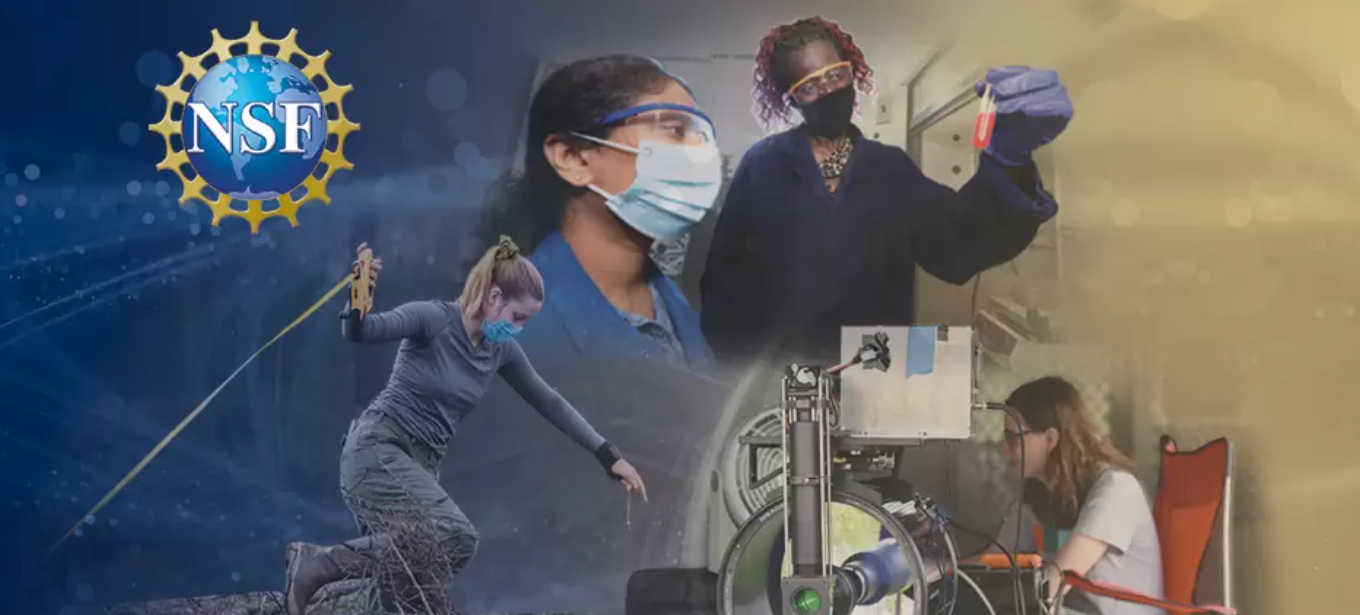NSF awards $35M for networks to transform research capacity and competitiveness

Congratulations to the BioNitrogen Economy Research Center (BNERC) on this prestigious E-RISE RII opportunity awarded from the National Science Foundation (NSF).
Image credit and article by U.S. National Science Foundation (NSF).
The U.S. National Science Foundation has awarded $35 million through the Established Program to Stimulate Competitive Research (EPSCoR) Research Incubators for STEM Excellence Research Infrastructure Improvement (E-RISE RII) to boost research competitiveness, build partnerships across academic institutions and non-academic sectors and create workforce development opportunities.
E-RISE RII is a new program that aims to further EPSCoR’s programmatic goals by developing and implementing sustainable networks of diverse research teams to collaborate on critical jurisdictional research priorities. The program is a response to the 2022 Study of the Established Program to Stimulate Competitive Research, the Envisioning the Future of NSF EPSCoR report and the “CHIPS and Science Act of 2022.”
“This investment from NSF’s E-RISE RII program powers scientific progress through broad networks of researchers, institutions and organizations that will significantly enhance STEM research capacity in our EPSCoR jurisdictions,” said NSF Director Sethuraman Panchanathan. “We are investing in a future where EPSCoR jurisdictions are even more competitive in the scientific enterprise, both nationally and internationally.”
Awardee: BioNitrogen Economy Research Center (BNERC)
South Dakota State University is leading this project to build sustainable capacity to leverage abundant atmospheric nitrogen gas and solar energy to create a commercially viable, solar-powered “bionitrogen economy” in South Dakota, relying in part on the knowledge and resources of Native communities about agricultural and medicinal indigenous plants. While alleviating environmental issues of nitrogen pollution in a largely agricultural state, the project will also provide alternatives for the commercial production of nitrogen- and carbon-rich biological products, including fertilizers, nutritional proteins and bioplastics. The project will promote workforce development by integrating K-12 outreach, undergraduate and graduate research programs and partnering with tribal communities.
Collaborating institutions and organizations: Oglala Lakota College, South Dakota Mines, University of South Dakota and Houdek.
The networks will leverage their partnerships by developing innovative educational plans that address their jurisdictional priorities and help prepare a skilled technical workforce. They will broaden participation in science, technology, engineering and mathematics by requiring the inclusion of members of traditionally underrepresented groups. The teams aim to make sustainable improvements in science for the betterment and economic impact of their jurisdictions’ research and development enterprise.
See full listing of awardees and article here.
 National Science Foundation RII Track-1 Project:Expanding Research, Education and Innovation in South Dakota
National Science Foundation RII Track-1 Project:Expanding Research, Education and Innovation in South Dakota